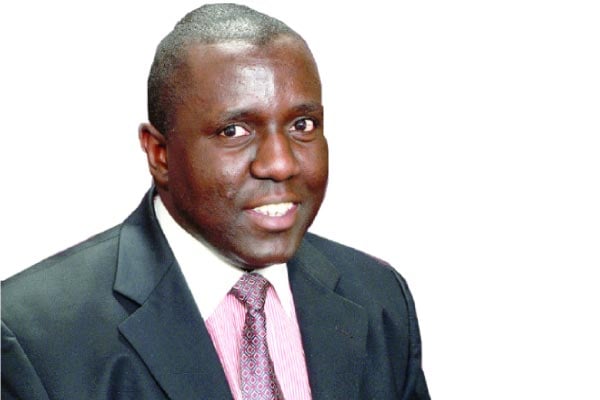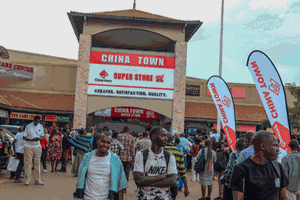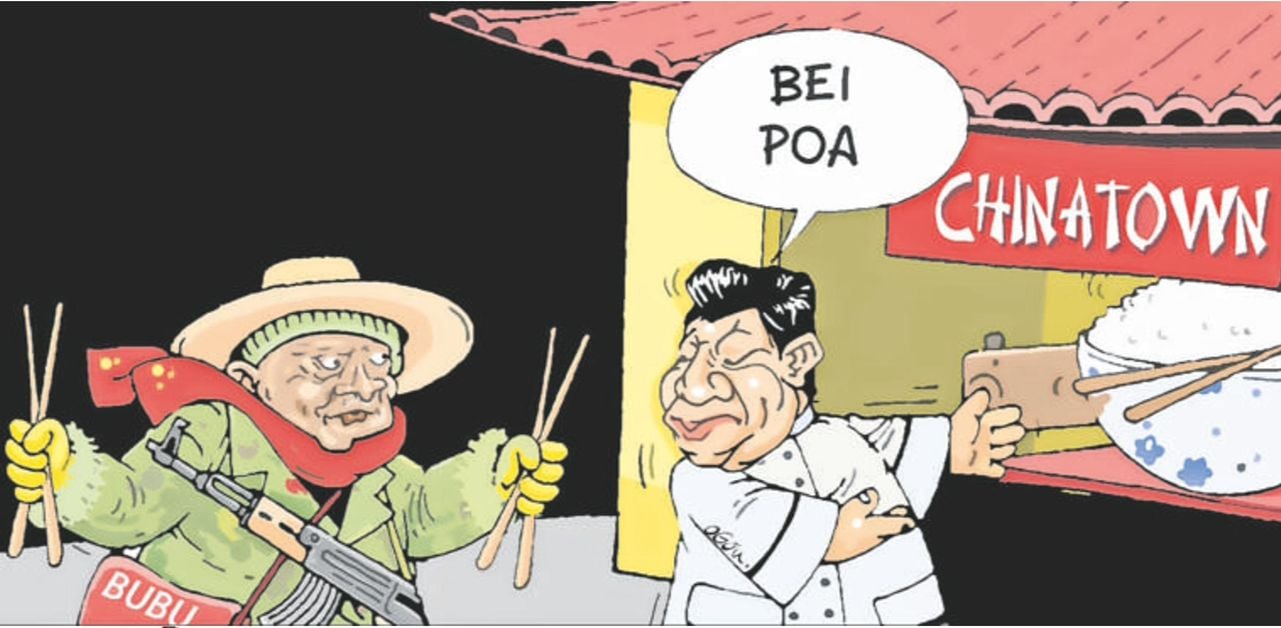
Author: Karoli Ssemogerere. PHOTO/FILE
Some kind of cold war is raging in Kampala’s business community. A new store China Town recently opened at the upscale Lugogo Mall promising bigger deals than ever for cash strapped city residents.
Eager for a deal, the opening of China Town overwhelmed the mall which had recently installed paid parking, closing a loophole for revellers who enjoy nearby entertainments at the Rugby Field, Lugogo Sports Complex where security is lax. Driving in Kampala carries the risk, depending on the car you drive, of leaving in the parking, your side mirror, flashlights or indicators or whatever apparel the street merchants can lay their hands on.
The beginning of the end of Game, the South African retailer was a typical Kampala story. Smart people got ahead of themselves and confused the entire electronic intelligence of the store. As shoppers arrived for deals on quality durables, electronics, glassware, cookware, camping gear, staff regularly trolled them promising even more discounts on heavily discounted merchandise. The second big game was the stocking of the store floor with “external merchandise” owned by third parties and not the retailer.
This too went out the front door, was rung into the registers earmarked for this high-tech shoplifting. As the South Africans with their patriarchal roots studied the problem, the sales people themselves as their merchandise wore thin began directing customers to small outlets in neighbouring stores carrying identical but newer merchandise.
I don’t live in Dar es Salaam but the decision to close Game covered that territory as well. Going out of business signs found me in December 2022 on a benchmarking trip to Dar es Salaam, I bought one last piece of Game, a camping tent for life on the islands, where sometimes man has not yet tamed his surroundings with permanent housing. The deals while not as hot as Kampala were hot enough, that the impossible happened someone had to send me mobile money in Tanzania shillings, something that felt like artificial intelligence to complete the transaction.
So the lines that formed out of China Town overwhelming the whole division, traffic and security may be a feeling that Ugandans have been missing orderly shopping that Game supported in the years gone by. It was on reversal of the negative business environment that has seen a steady stream of business exits from the local economy. In Game there was an equaliser element, one shopper could be a former Chief Justice, Benjamin Odoki who likes good things, rubbing shoulders with ordinary folk eager to snap a deal. Most important the hangover of Game is that the stuff still works, years later.
In China Town, that story is yet to be written. The only way China Town can cut-throat Uganda’s famously segmented marketplace that firmly remains with the exception of a few fast- moving consumer goods, 97 percent retail, and 3 percent bulk purchase is a promise of equal if not better quality. Kampala traders are up in arms. International trade taxes are very high. So the story that China Town is riding on tax exemptions is bound to roil feathers in KACITA, the capital city trade lobby. Tax exemptions are a red-hot issue because now even Parliament is involved in tax write offs.
Your guess is as good as mine, who can successfully chase a tax exemption. URA in their efforts to collect taxes have been tasked to collect Shs31 trillion when realistically they can only collect Shs26 trillion without grinding the economy to a halt. Something must give. Is China Town an innovation, a business replacement or a business disruption, meant to send more of the 97 percent majority back home to fuel crime and more domestic unrest.
These are the questions the political leaders must answer. How to match the needs of cash strapped city residents with the demands and social cohesiveness of the wider economy and social stability. Happiness or instant gratification that the cash register brings can’t be concentrated in just one store in town.
Mr Karoli Ssemogerere is an Attorney-At-Law and an Advocate.




